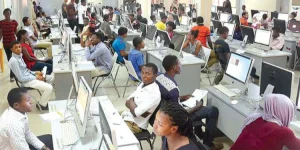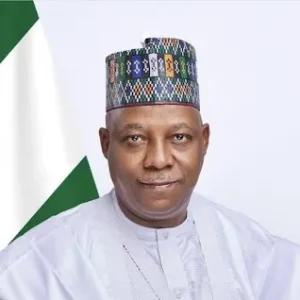
The Central Bank of Nigeria (CBN), has said that the amount spent on foreign education and medical tourism contributes to Nigeria’s foreign exchange challenges.
In a detailed presentation to the House of Representatives on Tuesday, the Governor of CBN, Yemi Cardoso, revealed that an alarming $40 billion has been expended on foreign education and healthcare, a factor contributing to the devaluation of the Naira, which has plummeted to over N1,400 in the official market.
Cardoso said: “Given this data, it is crucial to highlight that between 2010 and 2020, foreign educational expenses amounted to a substantial $28.65 billion, as for the CBN publicly available balance of payment statistics.
“Similarly, medical treatment abroad has entered around $11bn in costs during the same period. Consequently, over the past decade, foreign exchange demand for education and healthcare has totaled nearly $40 billion.
“Notably, this amount surpasses the total foreign exchange reserves of the CBN. Mitigating a significant portion of this demand could have resulted in a considerably stronger naira today
The CBN has been actively managing these expenditures through its approved rate for school fees and healthcare payments. Cardoso pointed out a notable shift in the pattern of demand for Personal Travel Allowance (PTA) for overseas education fees, a trend that has evolved considerably since the early 1990s.
The Central Bank Governor projected that the number of Nigerian students abroad is set to surpass 100,000. This trend underscores the increasing international educational aspirations of Nigerian students and the significant financial implications for the country’s foreign exchange reserves.
Cardoso also revealed plans to introduce a new foreign exchange operation mechanism for the operation of the Bureau de Change segment and tackle currency hoarding.







